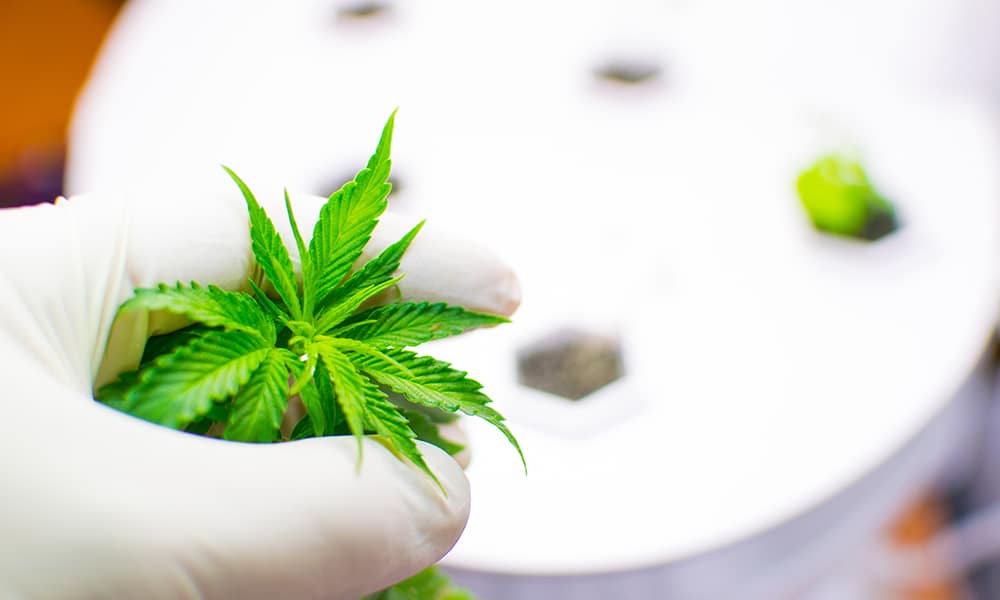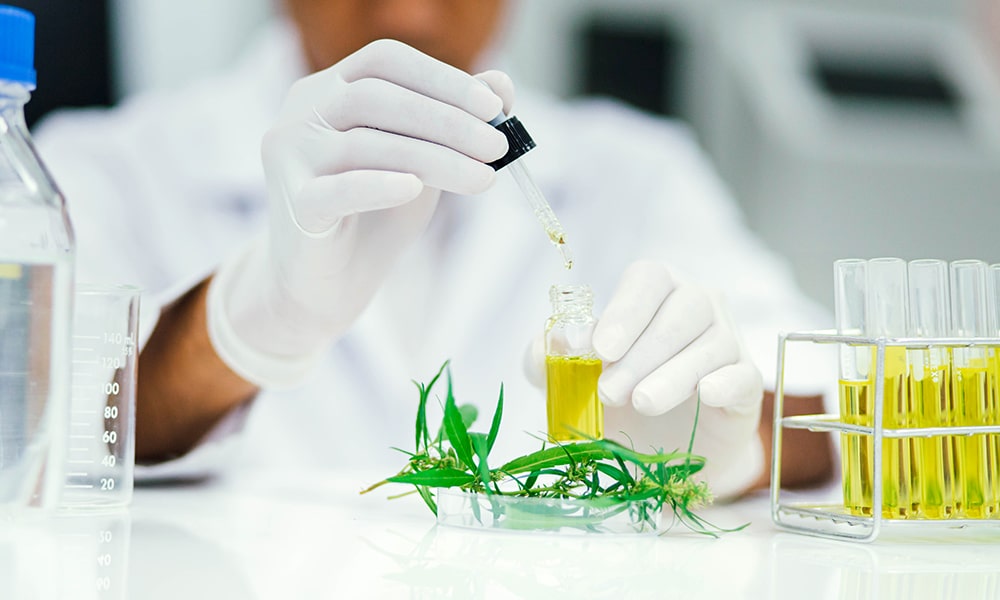If you’ve ever spent any time in a cannabis dispensary, you’ve likely noticed that every product is labeled. Labels show a variety of different information, including the strain name, THC and/or CBD content, and warnings. Additionally, cannabis labels show lab test results. Here’s what you need to know.
Why is Cannabis Tested?
All cannabis products found in licensed dispensaries undergo testing. Reasons for rigorous testing include:
- Product safety
- Quality control
- Compliance with state regulations
You know exactly what you’re getting with each cannabis product when it’s been lab tested. Moreover, the label provides you with pertinent information and lets you know that you’re buying safe, high-quality cannabis products.
What is Cannabis Tested For?
Contaminants
Cannabis passes through many hands as it progresses from cultivation to processing. It has the potential to be exposed to a variety of contaminants as it makes its way to the dispensary shelves. Therefore, labs test every product to ensure that they’re safe to use. They look for:
- Chemical contaminants (pesticides, growth hormones, solvents)
- Physical contaminants (dirt, dust, hair)
- Heavy metals (mercury, lead, cadmium)
- Microbial contaminants (mold, fungus, mildew, Salmonella, E. Coli)
Potency
Potency labeling is vital, especially when it comes to accurate dosing. Whereas testing shows the THC and CBD content of each product. You’ll find labels showing potency in one of three ways:
- Cannabinoid content by weight (expressed as a percentage, such as 18% THC)
- The total cannabinoid content of the product (these labels, expressed in milligrams, also show the cannabinoid content per serving)
- The ratio of THC to CBD
In addition to being essential for accurate dosing, testing for potency is necessary for users to select products that meet their specific needs.
Terpene Profile
While not necessary for compliance, all cannabis products can undergo testing for additional cannabinoids and their terpenes. THC and CBD may be the most popular cannabinoids. However, the additional cannabinoids and terpenes in each strain play a role in the experience you have thanks to the entourage effect.
Terpenes are the aromatic oils secreted by the cannabis plant. They’re responsible for the aroma and flavor of the strain, which affects your overall experience. Where some terpenes promote relaxation, others promote focus and energy. This information might not be required, but it can still be useful to know.
What Types of Tests Are Done?
Analytical Chromatography
This test shows the presence of various compounds, as well as their concentrations. The process involves dissolving a sample into a fluid and pouring it through an absorbent. Each compound moves at different rates.
Mass Spectronomy
This test measures the mass of molecules and compounds in a sample. The compounds are ionized and exposed to a magnetic or electric field.
Nuclear Magnetic Resonance Spectroscopy
Rather than dissolving or destroying a sample using a solvent this lab test uses radio waves. Nuclear magnetic resonance spectroscopy (NMRS) involves placing a sample into a magnetic field and exposing it to radio waves. The test measures the frequency changes within the magnetic field. Therefore, revealing the structure of the compounds and molecules in the sample.
All cannabis sold at recreational or medicinal dispensaries undergoes rigorous testing. This ensures safety and provides you with valuable information about each product. Furthermore, understanding lab test results can help you to make informed decisions about the products you choose to buy.




